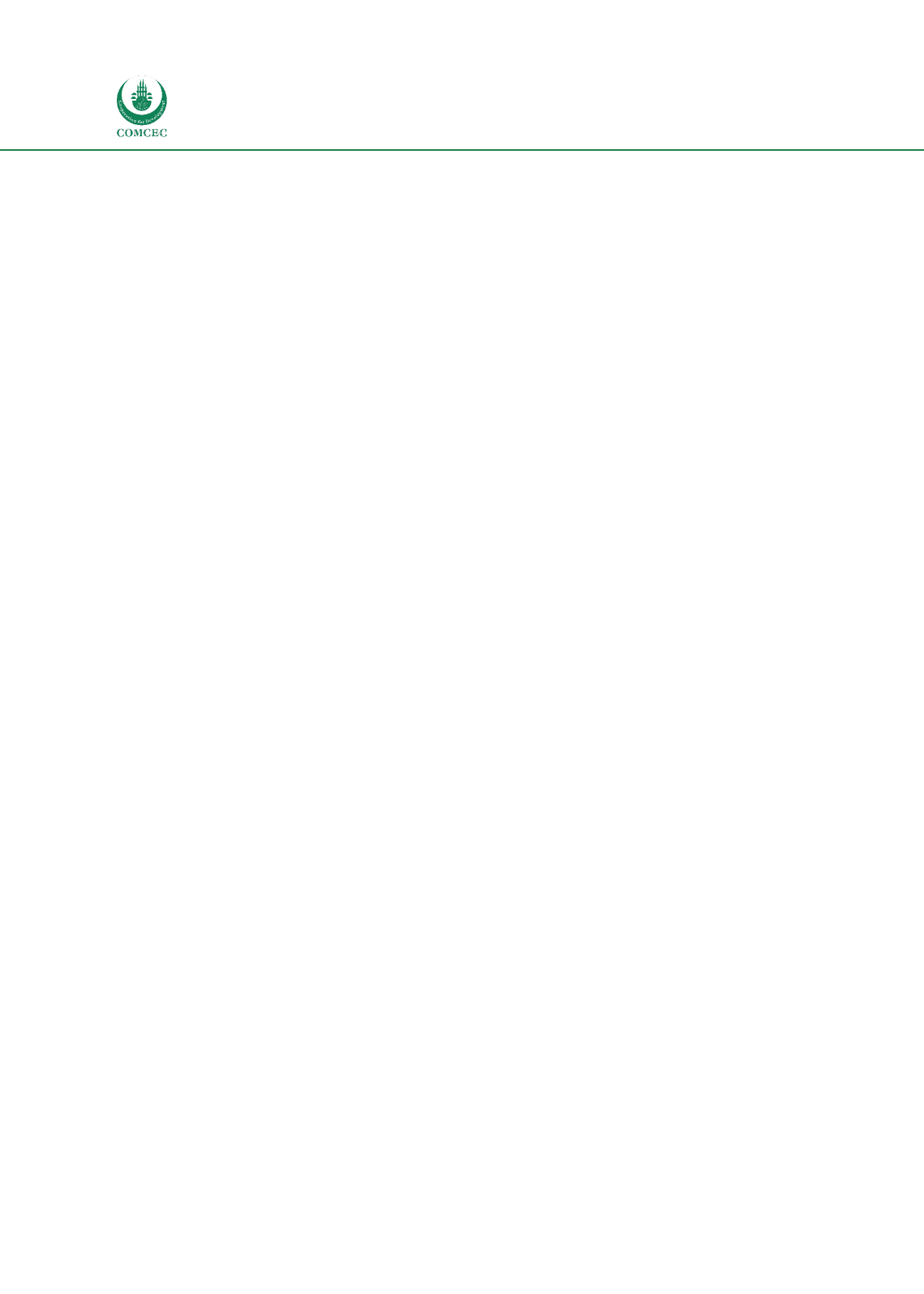

Improving Agricultural Market Performance
:
Creation and Development of Market Institutions
170
state-owned economic enterprises) in the early 1990s. The Government of Uganda withdrew
its agricultural market institutions as the common rationale was the marketing system should
be private-sector led and not restricted by Government involvement in agricultural marketing.
Indonesia’s approach can somewhat be positioned between the more controlled price support
measures of Tunisia and Uganda’s liberalized agricultural market system, where Government
intervention is limited. The Government of Indonesia does not let market forces entirely
decide the supply and demand of the agricultural sector and leaves room for Government
intervention. The Indonesian approach is somewhat mixed, with public intervention in certain
agricultural commodities (rice and other strategic commodities) as well as private sector-led
activities. For example, the Government of Indonesia keeps about 7 to 8% of the total rice
production stock, while the remaining portion is produced and stored by the private sector.
6.2.1 Farmer Registration
Provide for better registration of farmers so that training and certification may be
provided, thereby improving both the ability of farmers to succeed and also enhancing
markets’ acceptance of the goods produced.
From Chapter 5 it emerged, there is no authority in Tunisia nor Uganda where farmers are
registered. A registration of farmers and their treats may ease the collection of market
intelligence, which may enable Governments and Ministries to develop customized policies
and provide specialized support to address certain issues. In Tunisia, it has also been
mentioned non-farmers enjoy incentives specifically designed for farmers to support them
with investment and protect their income.
In Indonesia, farmers are registered for purposes of input subsidization. PT Putuk Indonesia,
the state-owned economic enterprise which manufactures approximately nine million tonnes
of subsidized fertilizers per year, sells at below-market prices to smallholders registered with
local agricultural departments. The Government of Indonesia can determine the quantity and
price of subsidized fertilizers PT Putuk Indonesia needs to produce and distribute. Such
market intelligence based on farmers registration enables Governments to target specific
segments, areas, and commodities with inputs and services.
Hence,
the creation of a farmer administration may contribute to an improvement of market
intelligence as this registration could function as an instrument to collect, analyze, and
disseminate statistics, data, and information on the agricultural sector. This also increases the
efficiency and performance of the overall agricultural market system as the available market
intelligence would show opportunities for connecting agricultural production (i.e.
smallholders and small-scale farmers) with processing, value-addition, and other post-harvest
activities, and, eventually, consumption (i.e. final stage of the agricultural market system).
Finally, this data could also be used for granting and monitoring incentives and other subsidies
to support famers in upgrading their production capacity and informing them on indicative
prices through daily reports and the use of other media.
A good example of such a system may be Turkey’s farmer registration system, which is
supervised by the Ministry of Food, Agriculture, and Livestock. The farmer registration system
– Çiftçi Kayıt Sistemi (CKS) - has been incorporated as part of Turkey’s transition to direct


















